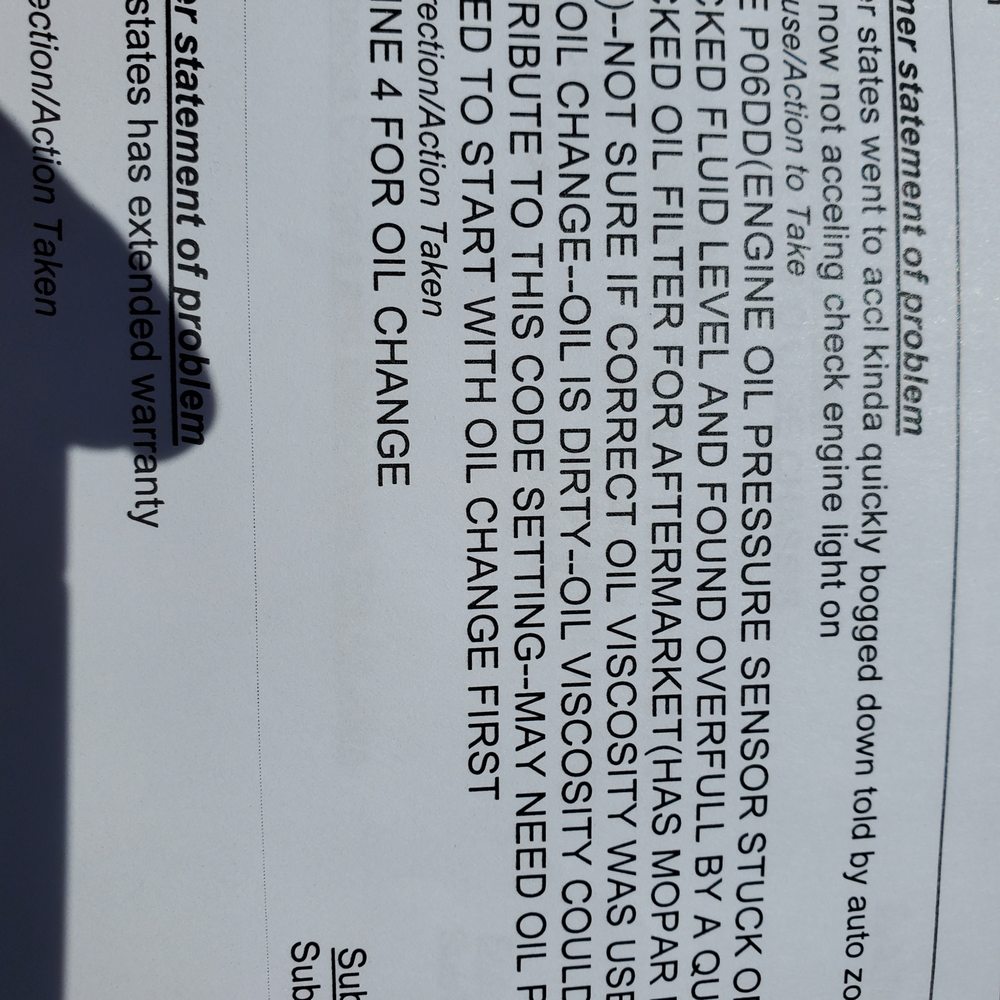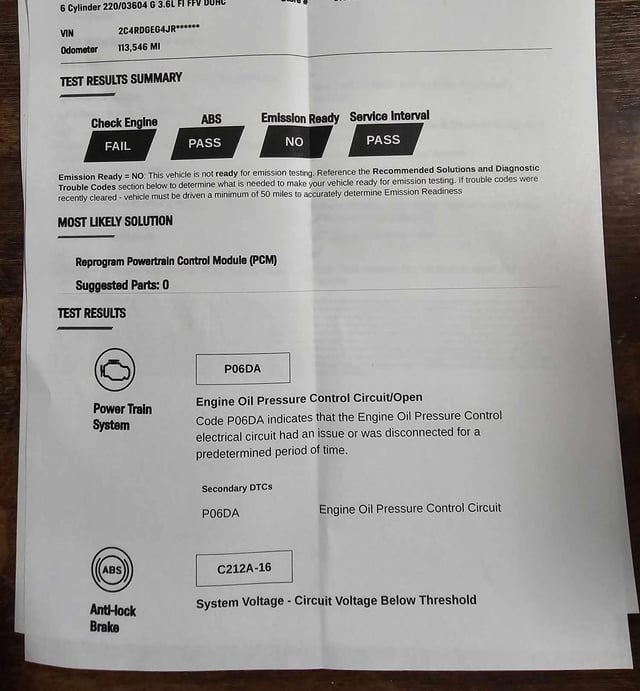Engine oil flexible maintenance allows for longer intervals between oil changes, reducing costs and environmental impact. This approach optimizes engine performance and ensures proper lubrication for longer periods, while still adhering to manufacturer guidelines.
By monitoring oil quality through regular analysis and using high-quality synthetic oils, engine life can be prolonged, reducing overall maintenance requirements. This proactive approach to engine oil maintenance not only saves time and money but also contributes to sustainable practices.
It is important to follow the specific recommendations of the vehicle manufacturer and regularly monitor oil condition to ensure optimal engine performance and longevity.
The Importance Of Engine Oil
Engine oil is a vital component of a vehicle’s maintenance routine, playing a crucial role in ensuring the proper functioning of the engine. Understanding the importance of engine oil and its impact on the overall performance of the vehicle is essential for every car owner.
Protecting Engine Components
Engine oil acts as a protective barrier for the internal components of the engine, preventing metal-to-metal contact and reducing friction. This helps prolong the lifespan of the engine and prevents premature wear and tear.
Improving Fuel Efficiency
High-quality engine oil helps in reducing friction within the engine, which contributes to improved fuel efficiency. By minimizing internal resistance, the engine can operate more smoothly, requiring less fuel to function optimally.
What Is Flexible Maintenance?
What is Flexible Maintenance?
Flexible maintenance refers to a modern approach to engine oil maintenance that goes beyond traditional fixed schedules. It involves adapting the frequency of oil changes based on driving conditions and the specific needs of the vehicle.
Beyond Traditional Schedules
Flexible maintenance moves away from the rigid approach of adhering to a fixed schedule for oil changes. Instead of changing the oil every 3,000 miles, for example, vehicle owners can now adjust the frequency based on individual driving habits and conditions.
Adapting To Driving Conditions
With flexible maintenance, the timing of oil changes can be tailored to the specific demands placed on the engine. This means that oil changes can be done more frequently for vehicles that endure severe driving conditions, such as frequent stop-and-go traffic, extreme weather, or towing heavy loads.
Types Of Engine Oil
When it comes to maintaining your car’s engine, choosing the right type of engine oil is crucial. There are different types of engine oil available, each with its own set of benefits and characteristics. Understanding the differences between synthetic and conventional oils and choosing the right viscosity can help you keep your engine running smoothly and efficiently.
Synthetic Vs. Conventional
Synthetic oil is formulated in a laboratory and offers superior performance and protection. It provides better resistance to oxidation, thermal breakdown, and sludge buildup compared to conventional oil. On the other hand, conventional oil is derived from crude oil and is less refined than synthetic oil. While it may be more affordable, it may not offer the same level of protection and performance as synthetic oil.
Choosing The Right Viscosity
Viscosity refers to the oil’s resistance to flow at different temperatures. Choosing the right viscosity is essential for ensuring proper lubrication and protection for your engine. In cold weather, you need an oil with lower viscosity to ensure easy starting and protection. In hot weather, higher viscosity oil is needed to maintain proper lubrication. You can find the recommended viscosity for your vehicle in the owner’s manual.
Understanding Your Engine’s Needs
Manufacturer Recommendations
Consulting your vehicle’s manual for oil change intervals is crucial.
- Follow manufacturer guidelines for optimal performance.
- Different vehicles may have unique requirements.
Evaluating Your Driving Habits
Consider how your driving habits impact oil maintenance.
- Frequent short trips may require more frequent changes.
- Highway driving allows longer intervals between changes.
Monitoring Oil Health
Engine oil plays a critical role in ensuring the longevity of your vehicle’s engine. It lubricates moving parts, helps regulate engine temperature, and prevents corrosion. However, over time, engine oil can break down, become contaminated with dirt, and lose its effectiveness. That’s why monitoring oil health is crucial to keep your engine running smoothly and efficiently.
Visual Inspections
One way to monitor oil health is through visual inspections. Checking the oil level on the dipstick is a quick and easy way to ensure that your engine has enough oil. However, it’s also important to inspect the oil’s color and consistency. Fresh oil is typically a golden brown color, but as it ages, it can turn dark and gritty due to the buildup of contaminants. If you notice that the oil looks dirty or has a burnt smell, it’s time for an oil change.
Oil Analysis Tests
If you want a more accurate assessment of your oil’s health, oil analysis tests are a great option. These tests analyze the chemical makeup of the oil to determine its effectiveness and identify any contaminants. By examining the oil’s viscosity, acidity, and other factors, you can get a better understanding of when it’s time to change your oil. Oil analysis tests are also useful for identifying potential engine problems before they become serious issues.
Regularly monitoring your engine oil’s health is a crucial part of vehicle maintenance. By performing visual inspections and oil analysis tests, you can ensure that your engine is running smoothly and efficiently. Keeping your engine oil healthy will help prolong your vehicle’s lifespan and prevent costly repairs down the road.

Credit: www.reddit.com
The Role Of Oil Filters
Oil filters play a crucial role in maintaining the health of your engine by keeping the oil clean and free from contaminants. Flexible maintenance of engine oil ensures the oil filter continues to function efficiently and prolongs the life of your engine.
Capturing Contaminants
Oil filters play a crucial role in engine oil flexible maintenance. One of the primary functions of an oil filter is to capture contaminants and debris that can accumulate in the engine oil over time. These contaminants can come from a variety of sources such as dust, dirt, metal shavings, and even engine wear. The oil filter is designed to trap these contaminants before they can cause damage to the engine. It works by passing the oil through a filter element made of paper, fiber, or other materials that can trap the contaminants. The filter element is usually housed in a metal canister that is screwed onto the engine block or oil pan.When To Replace
Over time, the oil filter can become clogged with contaminants, reducing its ability to filter the oil effectively. It’s important to replace the oil filter regularly to ensure that it continues to function properly. Most manufacturers recommend replacing the oil filter every time you change the engine oil, which is typically every 3,000 to 5,000 miles. However, there are some situations where you may need to replace the oil filter more frequently. For example, if you frequently drive in dusty or dirty conditions, you may need to replace the oil filter more often. Similarly, if you have an older engine or one that is prone to excessive wear, you may need to replace the oil filter more frequently to prevent damage to the engine. In conclusion, the oil filter plays a critical role in engine oil flexible maintenance. It captures contaminants and debris that can accumulate in the engine oil, preventing damage to the engine. It’s important to replace the oil filter regularly to ensure that it continues to function effectively.Implementing A Flexible Maintenance Strategy
Engine oil flexible maintenance offers enhanced efficiency and longevity. By adopting a customized approach, vehicle owners can optimize maintenance schedules.
Creating A Custom Schedule
A custom maintenance plan aligns with vehicle usage patterns and manufacturer recommendations.
Technology And Sensors
Modern vehicles use sensors to monitor oil quality and engine performance.

Credit: www.mazdausa.com
Benefits Of Flexible Maintenance
Flexible maintenance of engine oil offers numerous benefits such as reducing maintenance costs, extending engine life, and improving fuel economy. By using flexible maintenance, car owners can customize their oil change intervals based on driving habits and environmental factors, resulting in better engine performance and longevity.
Extended Engine Life
Regular oil changes increase engine longevity and prevent wear.
Cost Savings
Flexible maintenance reduces repair costs and enhances efficiency.
Adopting a flexible maintenance approach for engine oil offers various advantages for vehicle owners.
Extended Engine Life
Regular oil changes increase engine longevity and prevent wear.
Cost Savings
Flexible maintenance reduces repair costs and enhances efficiency.

Credit: owners-manual.mazda.com
Frequently Asked Questions
What Are The Benefits Of Using Flexible Engine Oil Maintenance?
Flexible engine oil maintenance allows for longer intervals between oil changes, saving time and money. It also helps preserve the engine’s performance and longevity by ensuring proper lubrication.
How Often Should Engine Oil Be Checked For Maintenance?
Regularly check engine oil every 3,000 to 5,000 miles or as recommended by the vehicle manufacturer to maintain optimal engine health and performance.
Can Using Flexible Maintenance Impact The Engine’s Lifespan?
Flexible maintenance can positively impact the engine’s lifespan by ensuring proper lubrication and reducing wear and tear on engine components over time.
Is It Necessary To Use A Specific Type Of Oil For Flexible Maintenance?
Using high-quality synthetic oils recommended by the manufacturer is crucial for flexible maintenance to ensure optimal engine performance and longevity.
Conclusion
To ensure the longevity and optimal performance of your engine, flexible maintenance of engine oil is crucial. Regularly checking and changing the oil, as per the manufacturer’s recommendations, will help keep your engine running smoothly and efficiently. By understanding the importance of engine oil maintenance, you can prolong the life of your vehicle and avoid costly repairs.
Remember, a well-maintained engine is a happy engine. Keep it oiled, and keep it going strong.


